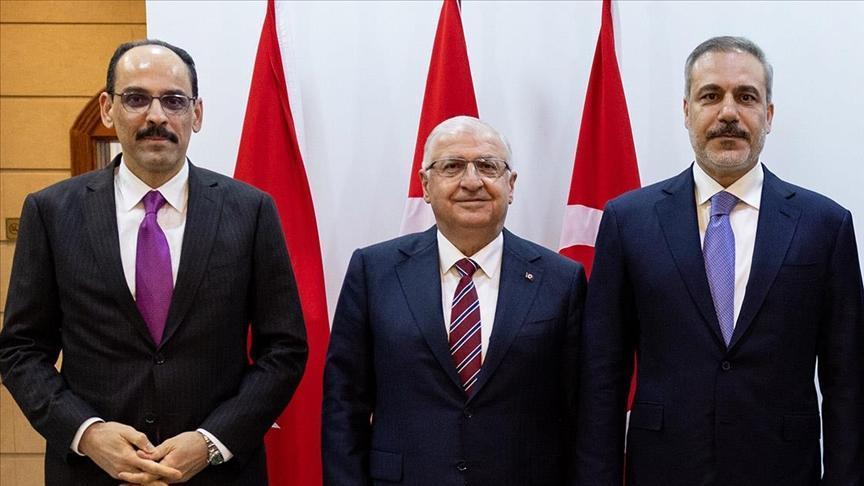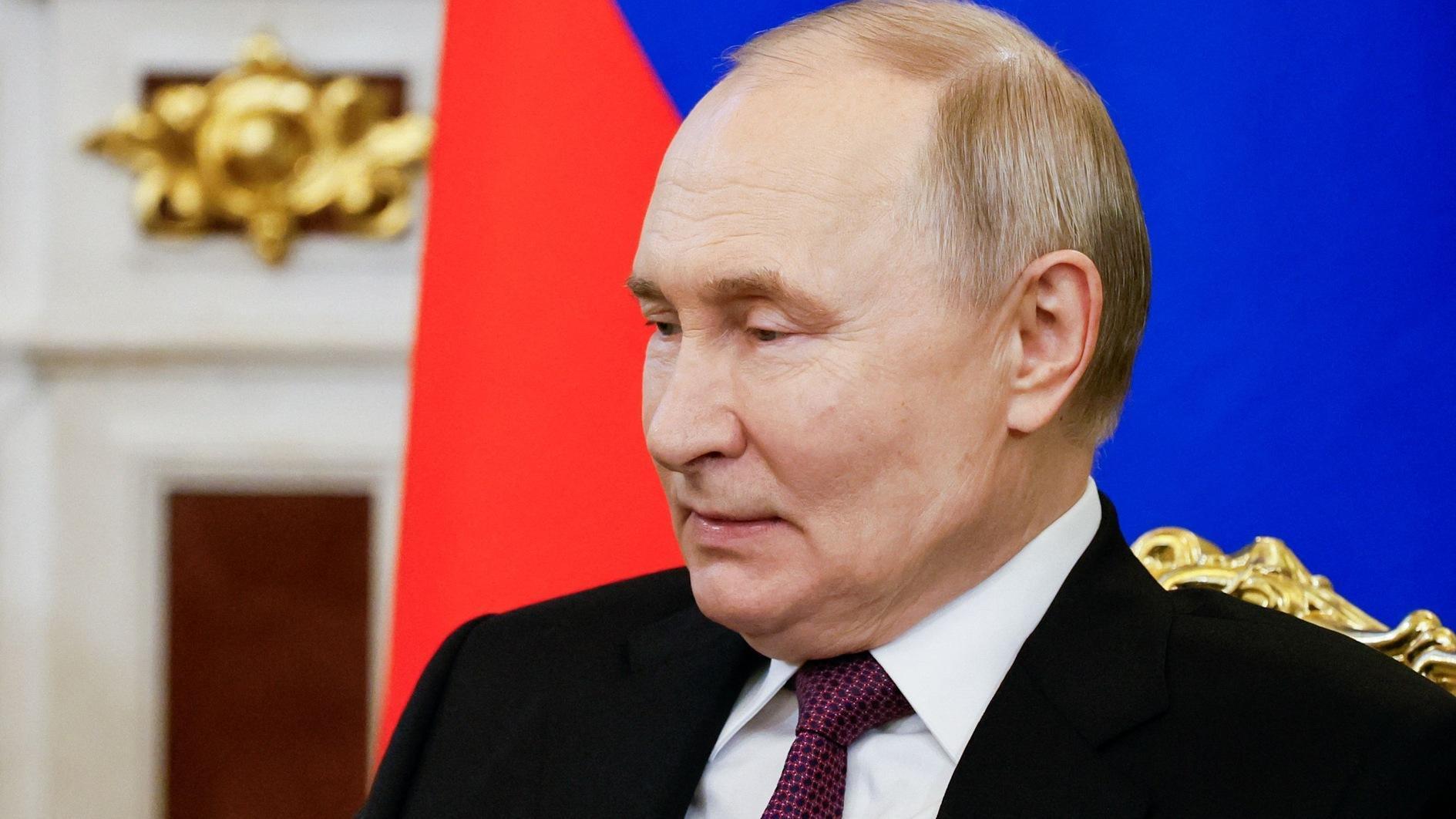China fears shift US int’l security strategy
WASHINGTON

The US military will maintain its superiority, says President Barack Obama. AP photo
The Obama administration unveiled a new defense strategy that envisages a shift of focus from Iraq and Afghanistan toward the Pacific while addressing the increasing threats from China and Iran. The strategy also aims to reduce defense expenditures.“So, yes, our military will be leaner but the world must know the United States is going to maintain our military superiority with armed forces that are agile, flexible and ready for the full range of contingencies and threats,” Obama told reporters at the Pentagon. The administration prepares for $487 billion in defense cuts over the next 10 years.
U.S. Defense Secretary Leon Panetta has called the new strategy a renewed commitment to asserting America’s position in the Asia-Pacific region. “This region is growing in importance to the future of the United States economy and our national security,” Panetta said. Panetta’s words may well be seen as an echo of U.S. Secretary of State Hillary Clinton’s remarks in November.
In a speech ahead of the Asia Pacific Economic Cooperation (APEC) summit, Clinton declared “The 21st century will be America’s Pacific century,” vowing that her country will stay in the region as a resident diplomatic, military and economic power. “It is becoming increasingly clear that, in the 21st century, the world’s strategic and economic center of gravity will be the Asia-Pacific, from the Indian subcontinent to western shores of the Americas,” Reuters quoted him as saying.
The new strategy also calls for preparing for possible challenges from Iran and China while ruling out any future decade-long campaigns such as those conducted in Iraq and Afghanistan. When asked what would be the incentive of such a shift, academician Ercan Çitlioğlu says the new strategy could be linked to the energy issue, and the recent threats of Iran to close the Strait of Hormuz would support this strategy. “The Obama administration acknowledges that any disruption in the oil trade connected to the closure of the Strait of Hormuz will affect the world economy and in order to prevent a kind of domino effect they would seek to strengthen the ties between oil-rich countries instead of pursuing decade-long wars like those in Iraq and Afghanistan,” Çitlioğlu told Daily News in a phone interview.
Alliance with Indonesia and India
The new strategy says the U.S. will emphasize Persian Gulf security in collaboration with Saudi Arabia and other Gulf allies who fear Iran’s influence and its suspected pursuit of a nuclear weapons capability. “To support these objectives, the United States will continue to place a premium on U.S. and allied military presence in and support of partner nations in and around this region,” the Associated Press quoted the strategy paper. Doğu Ergil, another prominent academician, said the threat of China’s growing naval and economic capabilities in the Pacific may prompt the U.S. to seek new alliances with countries like Indonesia and India.
The strategy identified India as a long-term strategic partner that can serve as a regional economic anchor and provider of security in the Indian Ocean region. And it said the U.S. will try to keep the peace on the Korean peninsula. “The U.S. is concerned with the growing military might of China and a possible alliance with North Korea in the near future. In order to counter these, the U.S. could build a close alliance with Indonesia and India to create some sort of economic market to curb the influence of China in the region,” Ergil said. China’s official Xinhua news agency meanwhile said it welcomed a bigger U.S. presence in Asia but only if it helped promote peace in the region, Agence France-Presse reported.
















